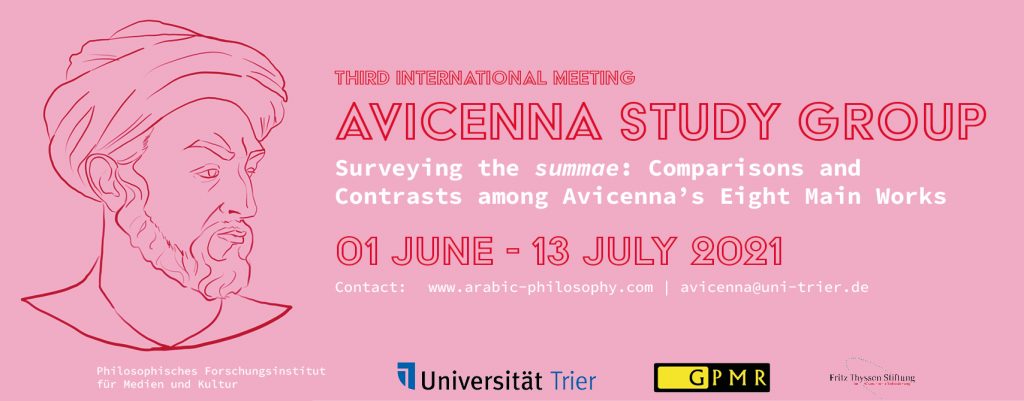Fourteen papers will be delivered by fifteen junior as well as senior experts on the philosophy of Avicenna. Five of them have been selected through an open Call for Papers.
Tommaso Alpina is a research associate at the Munich School of Ancient Philosophy at LMU Munich within the ERC project Animals in the Philosophy of the Islamic World. He earned his PhD in Philosophy at the Scuola Normale Superiore of Pisa and was a research assistant within the ERC project PhiBor. His research focuses on the reception of Aristotelian philosophical psychology and zoology in Arabic philosophy, notably in Avicenna’s oeuvre, and the connections between natural philosophy and medicine. He is the author of Subject, Definition, Activity: Framing Avicenna’s Science of the Soul (Scientia Graeco-Arabica series, De Gruyter 2021).

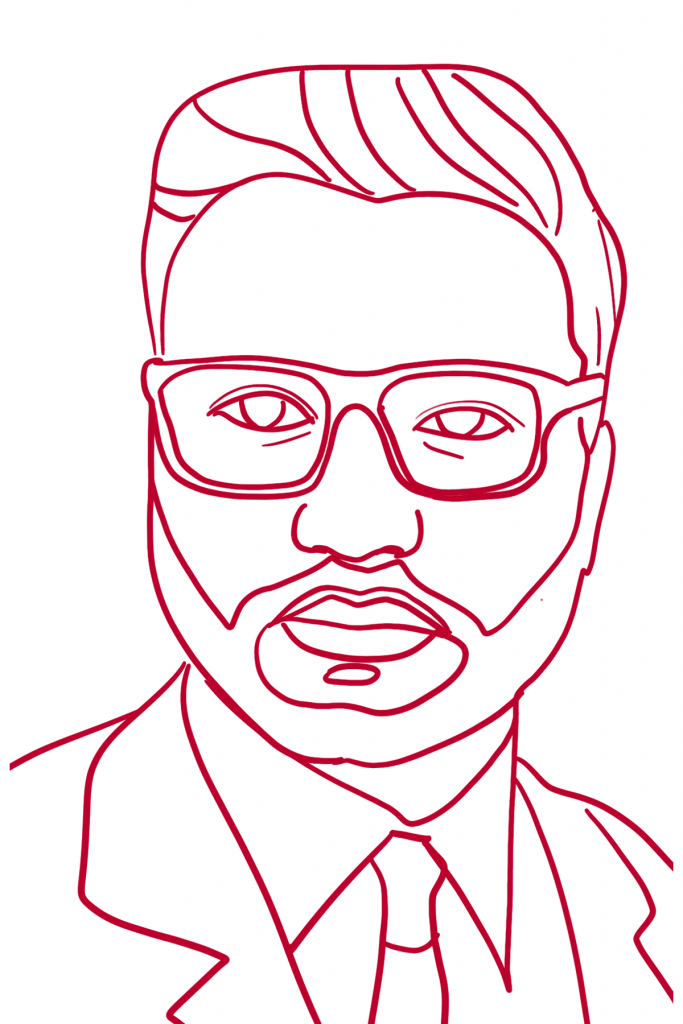
Wahid M. Amin is a Lecturer in Islamic Philosophy and Theology at the Al-Mahdi Institute and also teaches MA courses on Islamic intellectual history at the University of Birmingham. He earned his DPhil in Islamic philosophy at the University of Oxford in 2017 and serves as the Head of Publications for AMI Press. His interests lie primarily in post-Avicennan traditions of philosophy and kalām, but he maintains a strong interest in developments within Islamic legal theory among Šīʿī thinkers of the post-Safavid period. Currently, he is working on a translation of a key work by al-ʿAllāma al-Ḥillī and is also converting his dissertation, titled Naṣīr al-Dīn al-Ṭūsī and the Avicennan Tradition: Metaphysics and Mental Existence, for publication next year (Brill, forthcoming).
Amos Bertolacci is Professor of History of Medieval Philosophy at the IMT School for Advanced Studies in Lucca. He is the author of The Reception of Aristotle’s Metaphysics in Avicenna’s Kitāb al-Šifāʾ: A Milestone of Western Metaphysical Thought (Leiden/Boston: Brill, 2006), and of an Italian annotated translation of the metaphysics of Avicenna’s Šifāʾ (UTET, Torino 2007). He has published on Averroes’ criticisms of Avicenna, and on the influence of Arabic philosophy in the Latin Middle Ages, with particular regard to Albert the Great. He directs the ERC Advanced Project “Philosophy on the Border of Civilizations and Intellectual Endeavours: Towards a Critical Edition of the Metaphysics (Ilāhiyyāt of Kitāb al-Šifāʾ) of Avicenna (Ibn Sīnā)” (2014–2019: http://www.avicennaproject.eu/).


Silvia Di Vincenzo is Assistant Professor of History of Medieval Philosophy at the IMT School for Advanced Studies in Lucca. In 2018, she earned her PhD in Philosophy at the Scuola Normale Superiore of Pisa and in Arabic and Islamic studies at the École Pratique des Hautes Études of Paris. She has been a research assistant within the ERC Projects: PhiBor (http://project.avicennaproject.eu) and PhiC-PhASIF (http://www.phasif.fr). Her interests are, broadly conceived, medieval philosophy in the Latin West and in the Islamicate world, both in connection with their Ancient Greek sources. Her research currently focuses on the liminal areas of Aristotelian logic that border on metaphysics, such as the theory of universals. Her edition, translation, and commentary of Avicenna’s Madḫal of the Šifāʾ just appeared with De Gruyter (Scientia graeco-arabica, 2021).
Nadja Germann is Professor of Philosophy at ALU Freiburg (Breisgau). Her research focuses on philosophy of language and mind, epistemology, and metaphysics, with a particular emphasis on theories of language and thought across the various scientific disciplines in the premodern Islamic world. This transdisciplinary approach to language and thought was already at the center of Germann’s research group Linguistic Disciplines in Arabic Culture 900–1200 (LiDiAC), funded by the DFG and BMBF between 2012 and 2017, and constituted the motivation for editing, together with Mostafa Najafi, Philosophy and Language in the Islamic World (Berlin/Boston: De Gruyter, 2021). Along these lines, she currently works on a comprehensive history of philosophy of language within the Arabic linguistic sphere.
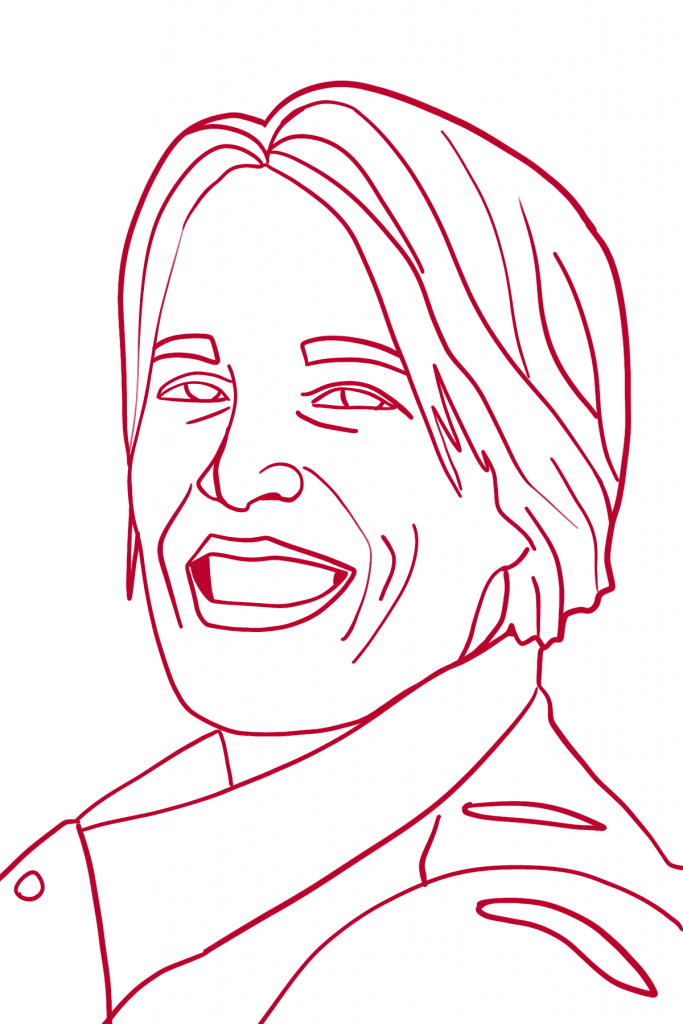
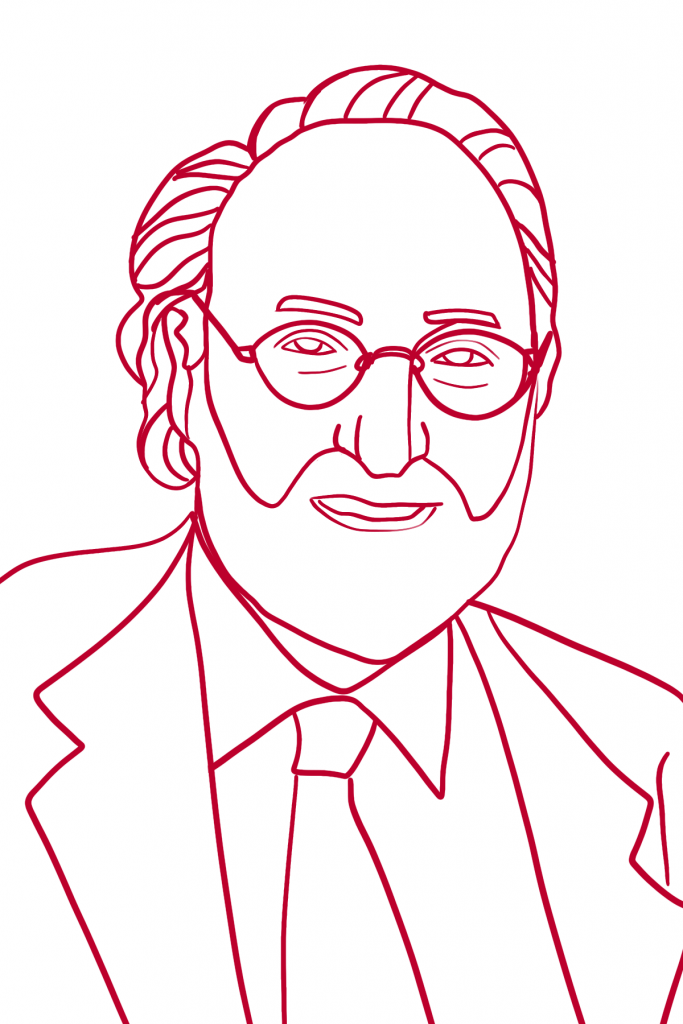
Dimitri Gutas is Professor Emeritus of Near Eastern Languages & Civilizations and Professor of Arabic and Graeco-Arabic at Yale University. He completed his undergraduate and graduate studies at Yale in Classics, History of Religions, and Arabic and Islamic Studies, earning his PhD in 1974. He studies and teaches classical Arabic and the pre-modern intellectual tradition in Islamic civilization from different aspects. At the center of his concerns lies the study and understanding of Arabic in its many forms as a prerequisite for the proper appreciation of the written sources which inform us about the history and culture of Islamic societies. He also has an abiding interest in the transmission of Greek scientific and philosophical works into the Islamic world through the momentous Graeco-Arabic translation movement in Baġdād during the second/eighth–fourth/tenth centuries. Within Arabic philosophy, Gutas has concentrated in particular on its greatest exponent, Avicenna, on whom he wrote the fundamental Avicenna and the Aristotelian Tradition: Introduction to Reading Avicenna’s Philosophical Works (Leiden 1988; second edition 2014).
Shahrzad Irannejad is a researcher in the history of medicine in the Islamicate world. She is a research fellow at Orient-Institut Istanbul and a PhD candidate at the interdisciplinary Research Training Group 1876 “Early Concepts of Humans and Nature: Universal, Specific, Interchanged” at JGU Mainz, Germany. In her PhD project “Localization of the Avicennean Inner Senses in a Hippocratic Body” she examines how, in an intersection of medicine and philosophy, concepts (of the brain and the mind) were transformed as they travelled beyond linguistic and cultural borders from the Greek tradition to the medieval Arabic tradition. In looking into the mechanics of textual transfer of knowledge in the medieval Islamicate world, she is also keen on engaging with the codicological aspects of the material media of knowledge transfer.
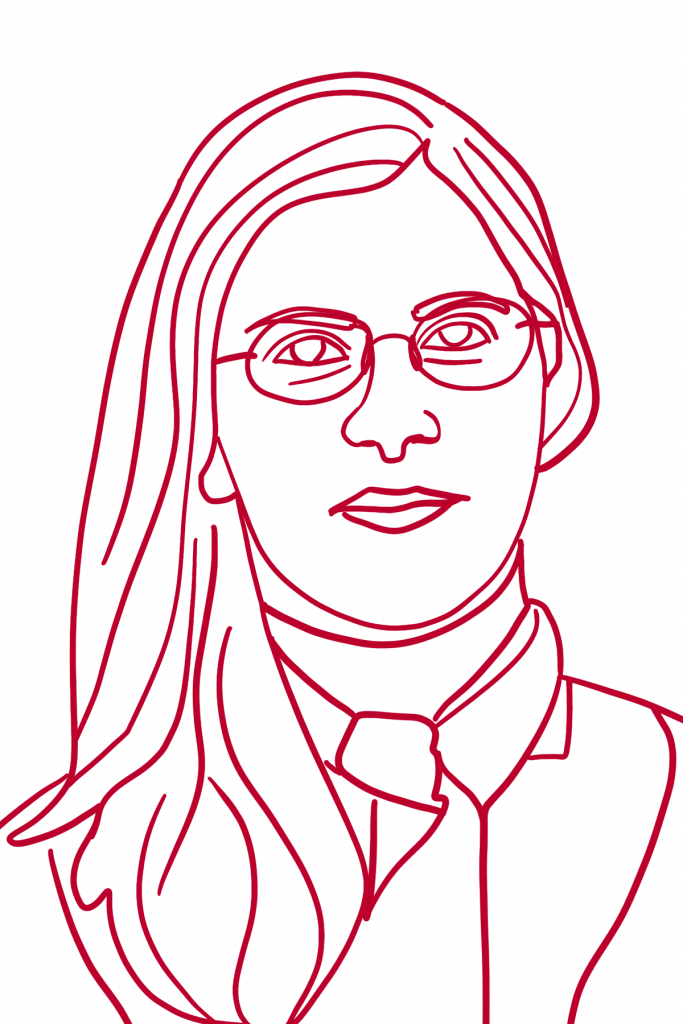

Jules Janssens currently works as a collaborator of the De Wulf-Mansion Centre for Ancient, Medieval and Renaissance Philosophy at KU Leuven and chercheur associé of the CNRS in Paris. He is an academician of the Accademia Ambrosiana in the “Classe di Studi sul Vicino Oriente: Studi Arabi, Armeni, Ebraici, Siriaci” and has won several awards including the “Prix Avicenne International” in 2016. Since 1998, he is also Editor of the Physics of the Avicenna latinus series (Académie Royale de Belgique) and published several books, such as the Annotated Bibliography on Ibn Sīnā (1991, followed by two supplements in 1999 and 2017), as well as many papers and critical reviews.
Dustin Klinger is a PhD Candidate at the Department of Near Eastern Languages and Civilizations and the Department of Philosophy at Harvard. His research focuses on questions in the philosophy of language, combining the study of the history of ancient and medieval philosophy, Islamic intellectual history, and contemporary philosophy. In his dissertation, Dustin traces discussions on the analysis of propositions – i.e., items which are truth-apt – through the translation movement from Greek to Syriac to Arabic in ninth century Baġdād and their later developments in medieval centers of learning in the Eastern Islamic world. Dustin holds degrees from Oxford, the Sorbonne, and the École normale supérieure Paris. He will be starting a post-doctoral position at the DFG funded research project “The Heirs of Avicenna” in Munich.

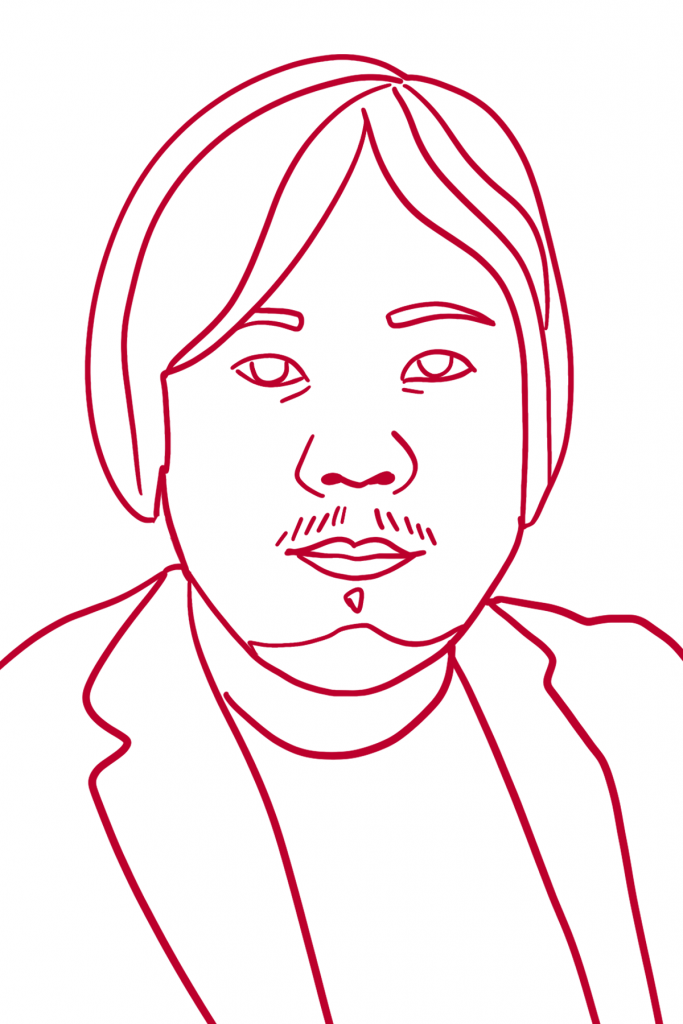
Yuta Komura is Associate Professor of Religious Philosophy at Waseda University (Tokyo). In 2016, he earned his PhD in Philosophy at the University of Tokyo. The theme of his dissertation was the development of the theory of internal senses in Avicenna. His area of interest proceeded to the interrelationship of Arabic philosophy and kalām theology. He is an author of the article “God and anniyyah: The Relationship between Thing and Being in Avicenna” (Bulletin of the Graduate Division of Literature of Waseda University, 2018). Moreover, he is the principal investigator of the research project, Transmission and Development of Neoplatonic Thought in Greek, Arabic, and Latin, funded by the Japanese Society for the Promotion of Science (2019–2023).
Alexander Lamprakis is pursuing a PhD at the Munich School of Ancient Philosophy at LMU Munich under the supervision of Peter Adamson and is a research assistant at the Albert-Ludwigs-Universität Freiburg at the chair for Arabic Philosophy. His research focuses on philosophy and theology in the Ancient Greek, Syriac, and Medieval Arabic worlds. The topic of his PhD thesis is the late ancient Greek and Medieval Arabic reception of Aristotle’s Topics between theory of argumentation and philosophy of science. His broader interests are in logic, theory of science, dialectic, and epistemology.
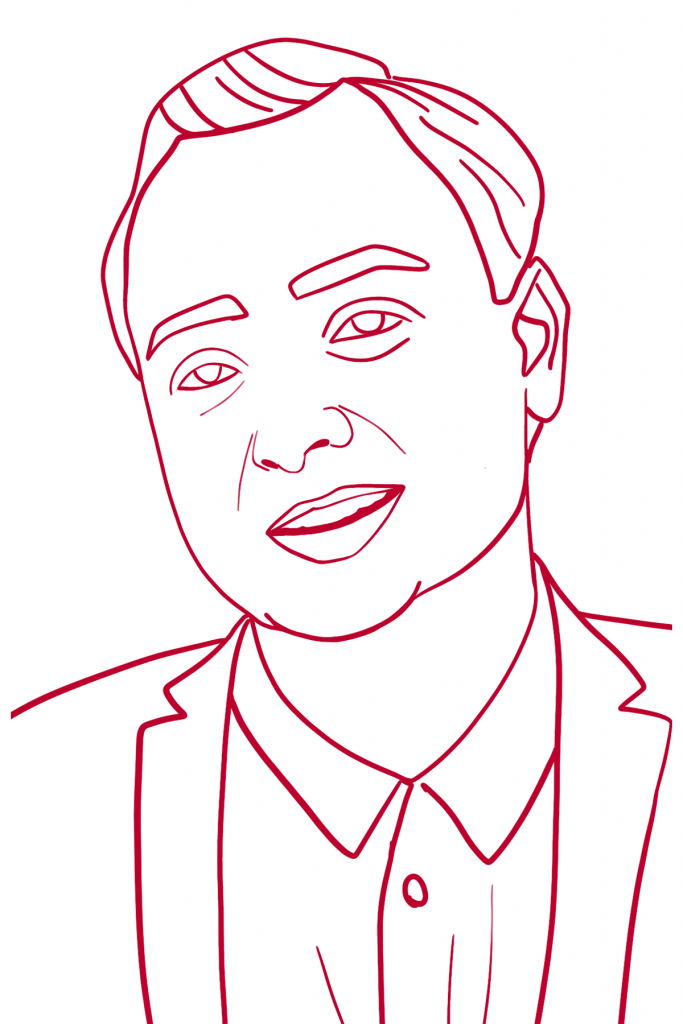
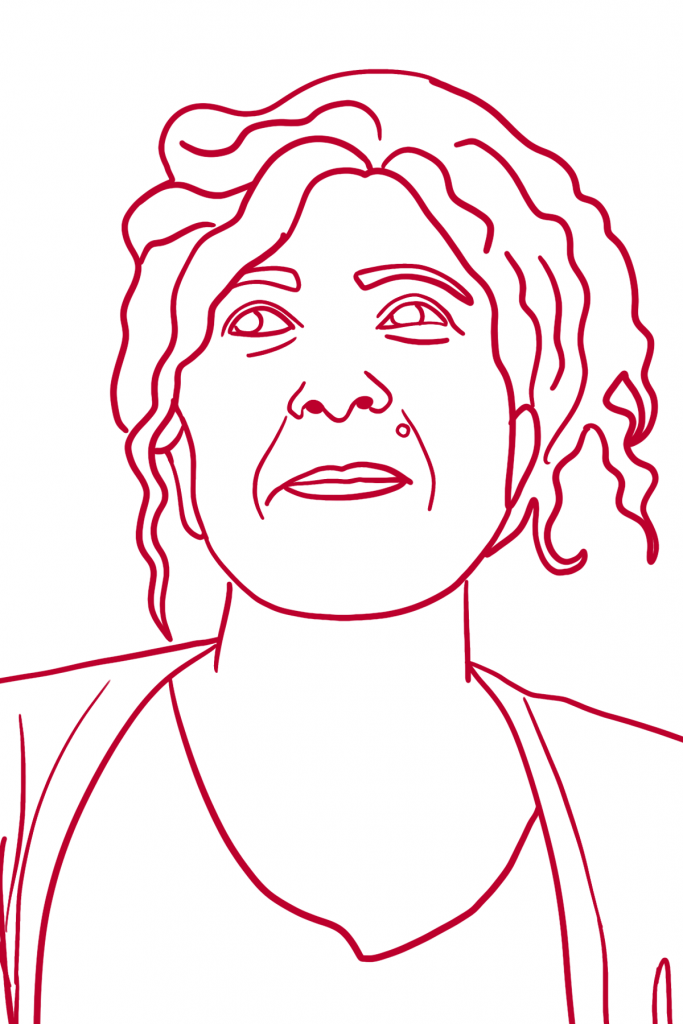
Olga L. Lizzini is Professor of Philosophy and Islamic Studies at Aix-Marseille University and a member of the Iremam (CNRS). At the University of Geneva she teaches Arabic and Jewish philosophy. Her main research interests are in the history of metaphysics in the Arabic philosophical tradition. In addition to numerous essays (on metaphysics, psychology, angelology, and historiography), she is the author of Avicenna, Metafisica (Bompiani 22006, the first Italian translation of Avicenna’s Metaphysics of the Book of the Healing, introduction and co-direction of P. Porro); Fluxus (fayd): Indagine sui fondamenti della Metafisica e della Fisica di Avicenna (Edizioni di pagina, 2011); Avicenna (Carocci, 2012); La philosophie arabe à l’étude/Studying Arabic Philosophy (ed. with J.-B. Brenet; Vrin, 2019); Yahya ibn ‘Adī, Trattato sull’uno (Maqāla fī l-tawhīd) – L’uno, il molteplice e l’unità di Dio (Grac 2020).
Jon McGinnis is Professor of Classical and Medieval Philosophy at the University of Missouri, St. Louis. He is an expert in the history of natural philosophy in the medieval Islamicate world. In addition to numerous articles, he is the author of Avicenna in the Oxford University Press’ Great Medieval Thinkers Series (2010), translator and editor of Avicenna’s Physics from his encyclopedic work The Healing (Brigham Young University Press, 2009) and co-translator with David C. Reisman of Classical Arabic Philosophy: An Anthology of Sources (Hackett Publishing Co., 2007). He has been awarded three National Endowment for the Humanities awards, a Mellon grant, a John Templeton Foundation grant, and has been a member of the Institute for Advanced Study, Princeton.


Mostafa Najafi is assistant lecturer and postdoctoral researcher at the University of Lucerne (Chairs of Philosophy, Prof. Dr. Giovanni Ventimiglia, and Islamic Theology, Prof. Dr. Erdal Toprakyaran, Faculty of Theology). Before moving to Lucerne, he was assistant lecturer and postdoctoral researcher at the Albert-Ludwigs-Universität Freiburg, Germany (Chair of Pre-Modern Philosophy, Prof. Dr. Nadja Germann, Faculty of Philosophy), where he also earned his PhD in Philosophy (2019). Currently, he is revising his dissertation on Faḫr al-Dīn al-Rāzī’s theory of language for publication as a monograph (De Gruyter, Welten des Islams). He is also working on the historiography of ʿAbd al-Qāhir al-Ǧurǧānī in the twentieth century. In general, Najafi works mostly on metaphysics and philosophy of language with a focus on the intellectual life in the Islamic world. Together with Nadja Germann, he has edited Philosophy and Language in the Islamic World (Berlin/Boston: De Gruyter 2021).
Mohammad Saleh Zarepour is a Postdoctoral Research Fellow at the Department of Philosophy of the University of Birmingham. He works for The Global Philosophy of Religion Project. Before going to Birmingham, he was a Humboldt Postdoctoral Research Fellow (2019–2020) at Munich School of Ancient Philosophy, LMU Munich. He did a PhD (2019) in the Faculty of Divinity at the University of Cambridge and another one (2015) in the Department of Philosophy at Tarbiat Modares University (TMU), Tehran. He works on philosophy of language, philosophy of religion, and philosophy of mathematics from the perspectives of both contemporary analytic philosophy and medieval Islamicate philosophy. Mohammad Saleh Zarepour is the author of Necessary Existence and Monotheism: An Avicennian Account of the Islamic Conception of Divine Unity (CUP, forthcoming) and the co-editor of Mathematics, Logic and their Philosophies (Springer, 2021).

